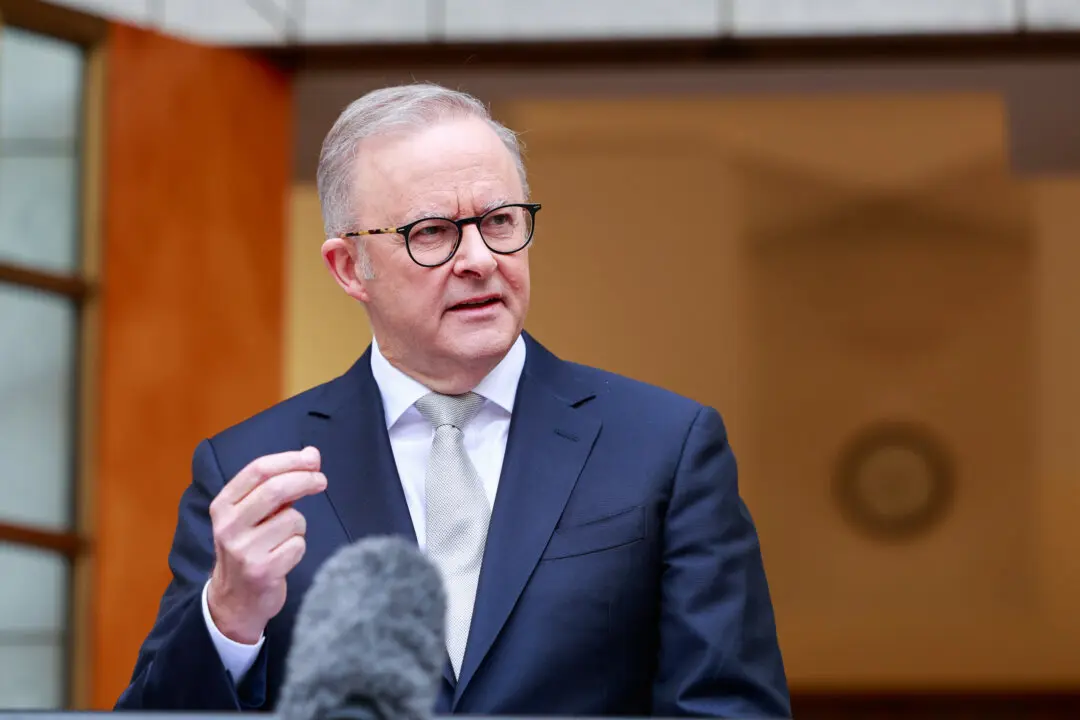Ties between Beijing and the Solomon Islands leadership continue to deepen after Prime Minister Manasseh Sogavare inked a “comprehensive strategic partnership” with the Chinese Communist Party (CCP).
Mr. Sogavare met with Chinese leader Xi Jinping and Premier Li Qiang during a week-long visit to China, which will conclude as the prime minister opens his country’s official embassy in Beijing.





